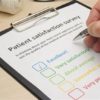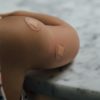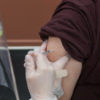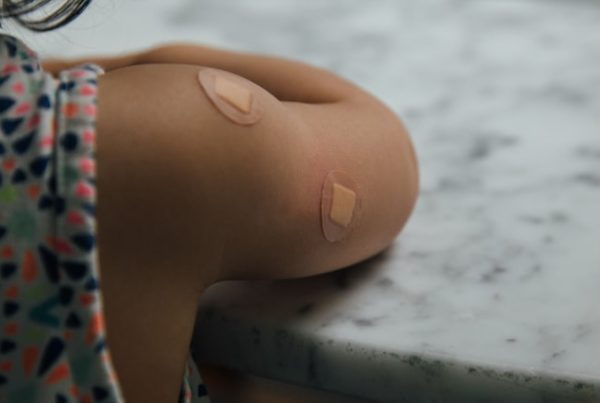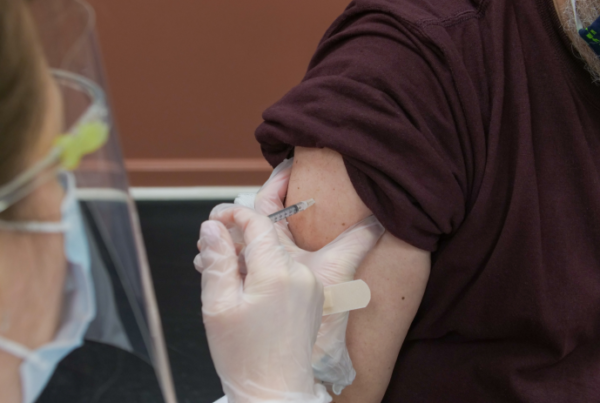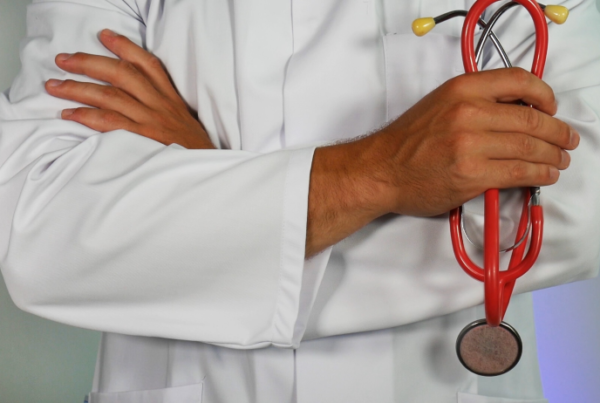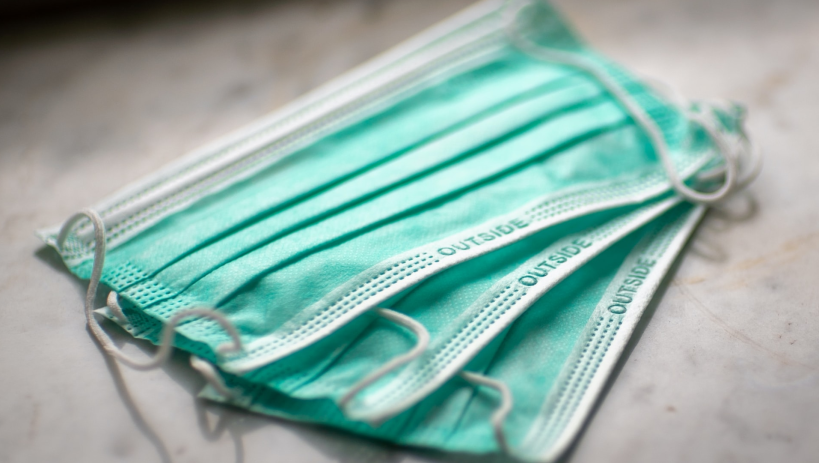
As the risk of Coronavirus (COVID-19) still exists in Australia, the use of face masks has become common. In some regions and states, the use of face masks is mandatory. It is important to stay informed on the latest advice in your area. Currently, NSW Health recommends wearing a face mask when it is hard to maintain social distance. This includes such places as:
- Public transport
- Supermarkets and shops
- Places of worship
- Indoor venues with higher transmission risk.
When should I wear a face mask?
Face masks add an extra level of protection against Coronavirus, especially in situations where social distance can’t be maintained. A face mask that is used correctly reduces the risk of transmission of many viruses, and may provide you with personal protection from getting the virus (Coronavirus or otherwise). A recent study has shown that social distancing is important for reducing the spread, while the use of masks reduced the risk of 67%.
People with symptoms or might have COVID-19 are required to self-isolate. You should wear a mask when in the same room as another person or when seeking medical attention. This will help reduce the risk of spreading COVID-19 to anyone else.
Will a face mask protect me from Coronavirus?
It is important to remember that a face mask does not provide 100% protection – it reduces the risk. You should continue to follow other general hygiene advice such as regular hand washing, social distancing, avoiding people with symptoms and large gatherings. You can read more about how to protect yourself from Coronavirus here.
I have a respiratory condition, should I still wear face masks?
Face masks can restrict the breathing of people with existing respiratory conditions, such as asthma. If you have such a condition, and find your breathing is restricted while wearing a mask, speak to your doctor. You should also be extra-vigilant with your other hygiene practices.
What sort of face masks should I wear?
It is recommended that you wear a surgical style mask or a cloth mask. N95 or P2 masks are not recommended for general public use, and should be reserved for healthcare workers. If you don’t have a face mask available, another form of face covering may be used, such as a scarf or bandana – any covering is better than none.
It is important to stay in touch with your GP, to help stop the spread of Coronavirus, and maintain your health generally. If you are at all concerned about how to manage your health during the pandemic, book an appointment with one of our doctors here.

